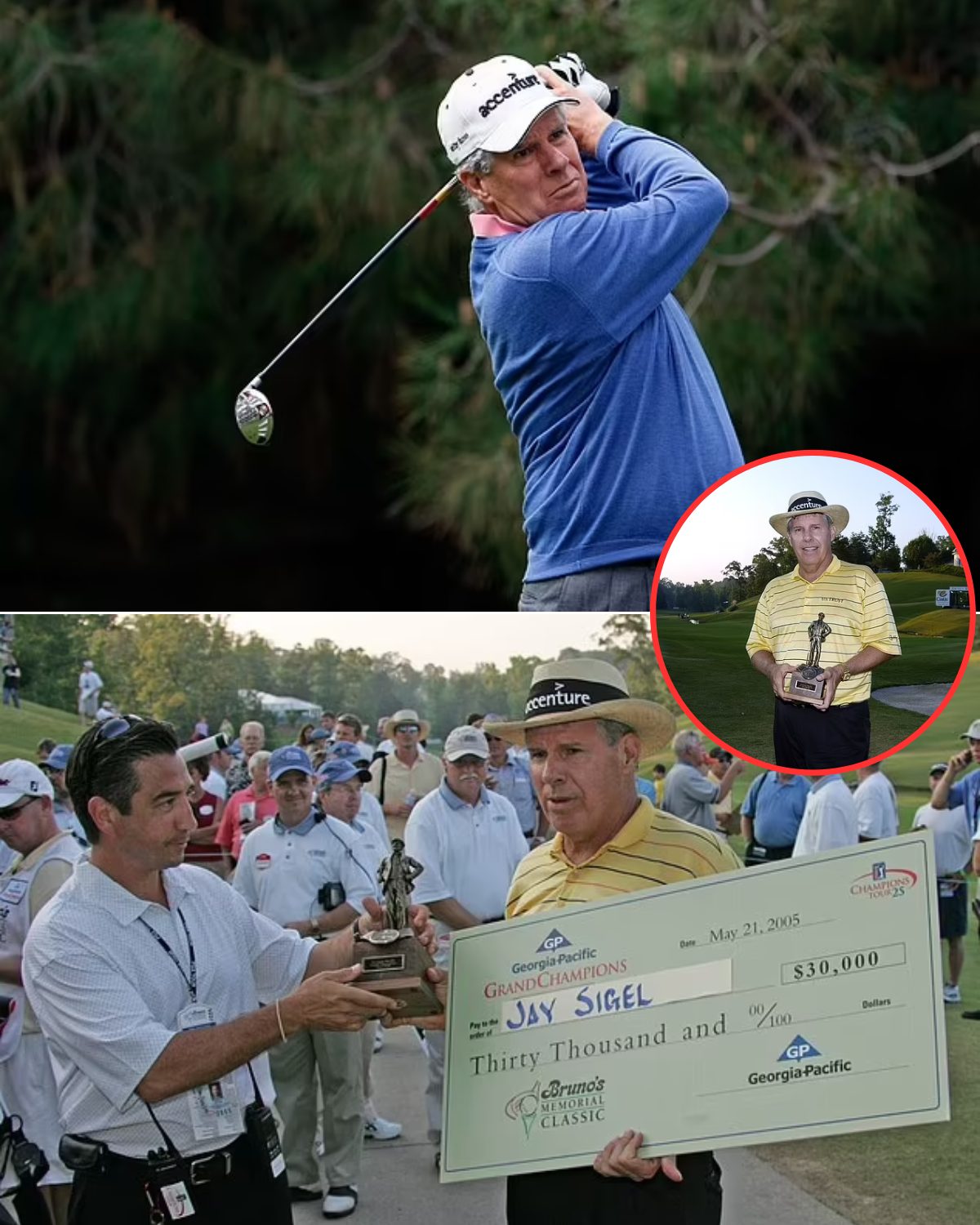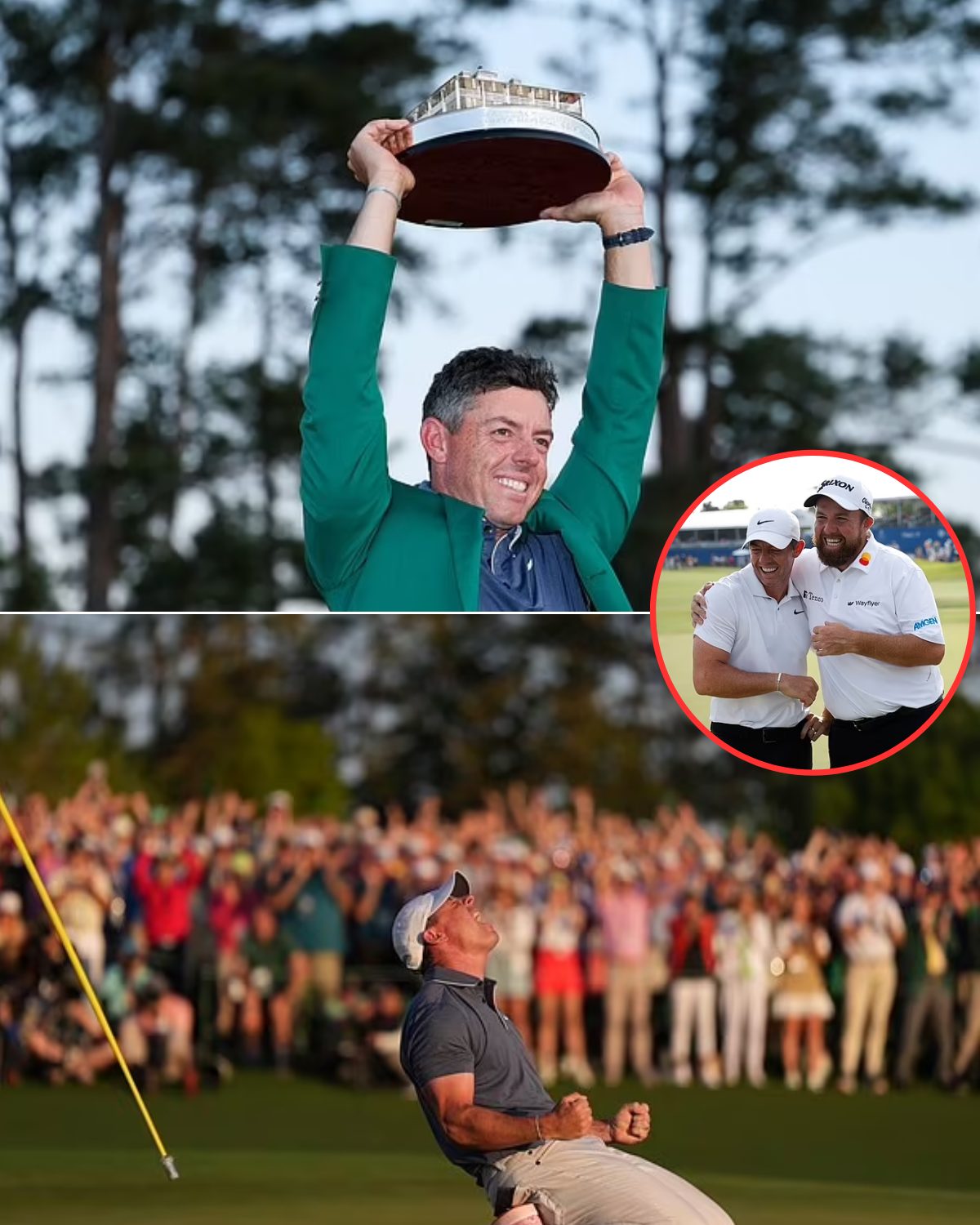In a stunning development in the long-unsolved murder case of Tupac Shakur, Dwayne “Keefe D” Davis, the man charged with orchestrating the rapper’s 1996 𝓀𝒾𝓁𝓁ing, has spoken out from prison, asserting his innocence. Davis claims he was 300 miles away in Los Angeles at the time of the shooting and now points the finger at Reggie Wright Jr., a former head of security for Death Row Records, as the true perpetrator.
 In an exclusive interview with ABC News, Davis expressed frustration over his arrest, stating, “I ain’t 𝓀𝒾𝓁𝓁 nobody,” and challenged authorities to prove otherwise. His claims arrive nearly three decades after Shakur’s death, which remains one of America’s most notorious unsolved murders. Prosecutors, however, maintain that their case against Davis is strong, despite his new allegations.
In an exclusive interview with ABC News, Davis expressed frustration over his arrest, stating, “I ain’t 𝓀𝒾𝓁𝓁 nobody,” and challenged authorities to prove otherwise. His claims arrive nearly three decades after Shakur’s death, which remains one of America’s most notorious unsolved murders. Prosecutors, however, maintain that their case against Davis is strong, despite his new allegations.
Davis, who has long been a controversial figure in the hip-hop community, previously admitted to participating in the crime in a 2019 memoir, “Compton Street Legend.” He now contends that those admissions were made under duress and insists he did not write the book himself. He claims that he provided details to an author who then created a fictional narrative loosely based on his life.
Adding to the intrigue, several reports suggest that Wright and others allegedly conspired to 𝓀𝒾𝓁𝓁 Shakur, with Davis asserting that their initial target was actually Suge Knight, the head of Death Row Records. As the narrative unfolds, many are questioning the credibility of Davis’s shifting statements and whether they are attempts to deflect blame.
The investigation into Shakur’s murder has faced numerous roadblocks, with various individuals, including Wright and Sean “Diddy” Combs, being named as potential suspects over the years. Wright has consistently denied any involvement, while Diddy has faced his own share of speculation regarding his connections to the case.
As it stands, the saga surrounding Tupac Shakur’s death continues to capture public interest, with new twists and turns emerging as figures involved in the case make bold assertions. The quest for truth remains ongoing, as fans and investigators alike seek closure on one of hip-hop’s most tragic events.

